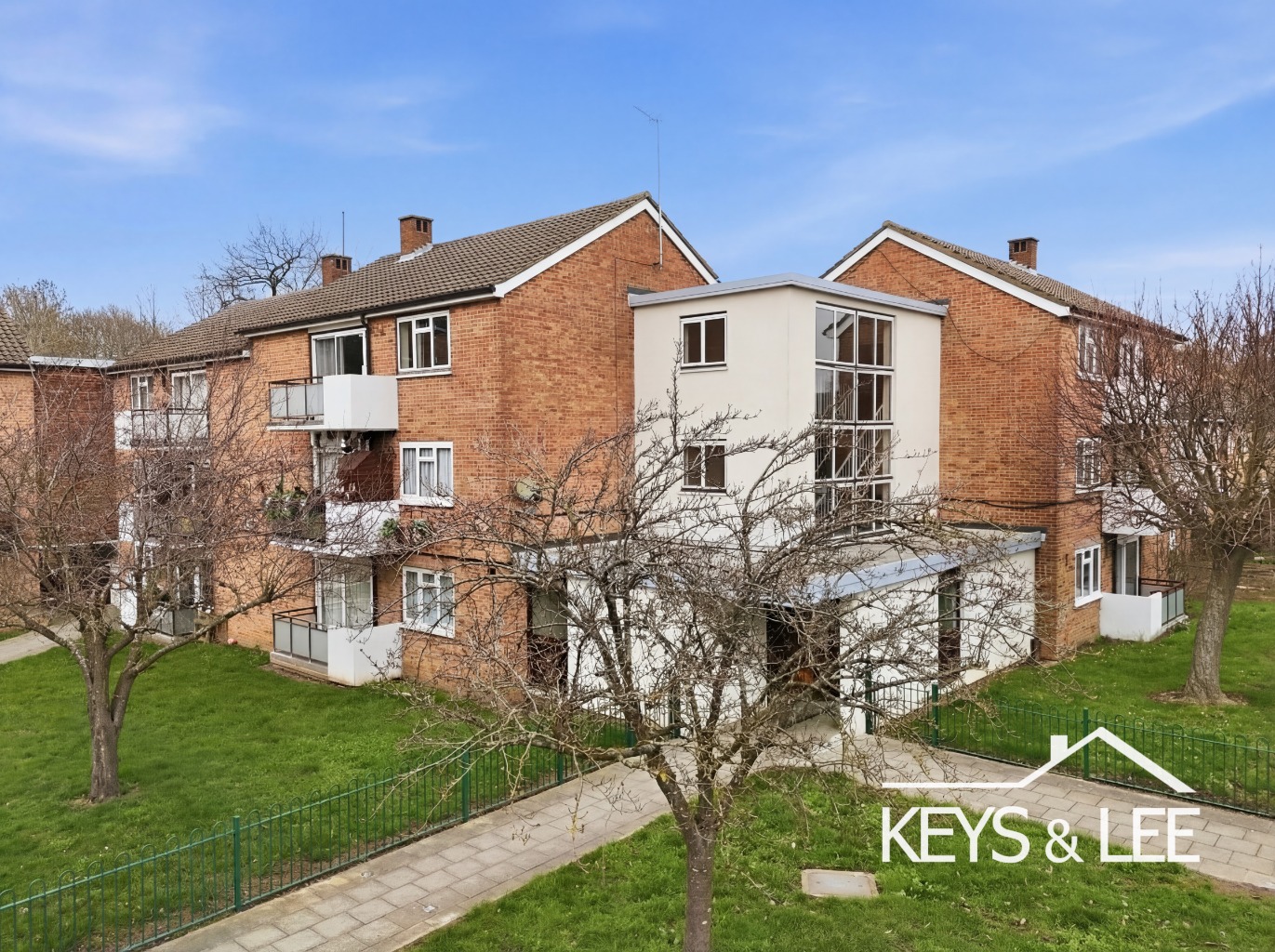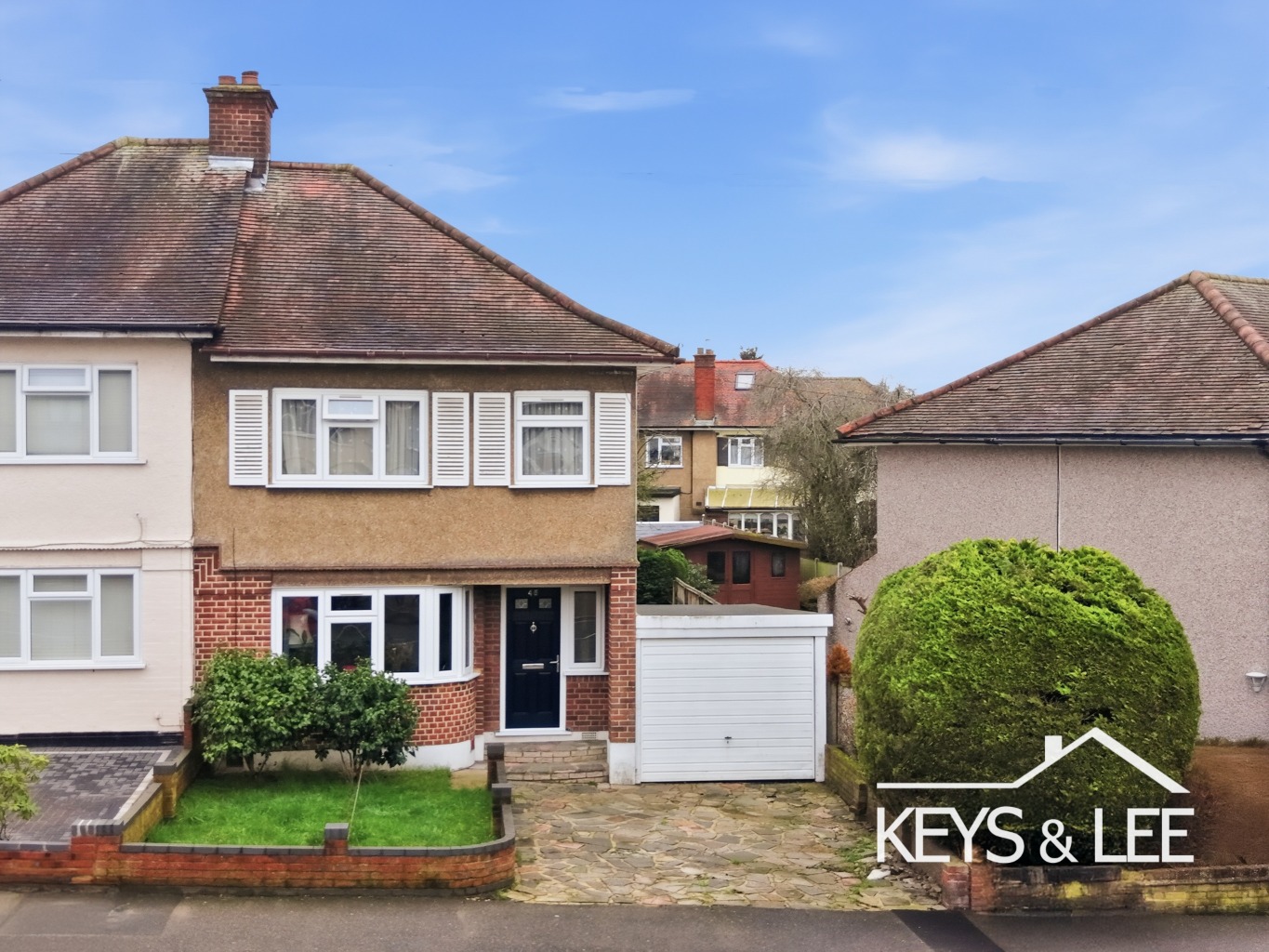Buying your first home begins long before you step inside the property you eventually purchase. The early stages set the tone for everything that follows, from your confidence to the offers you can make. Many first time buyers start the journey without fully understanding the financial groundwork. That lack of clarity creates uncertainty, delays and unnecessary stress. By getting a firm grasp of the process before you begin viewing properties, you give yourself a stronger foundation.
Understanding deposits
Your deposit is the amount of money you put towards the purchase price. Most first time buyers put down between five and ten percent of the price, although some choose to save more to secure a better mortgage rate. A larger deposit usually results in a lower interest rate, because you are taking on less risk from the lender’s perspective. For example, if a property is two hundred thousand pounds, a ten percent deposit would be twenty thousand pounds, while a five percent deposit would be ten thousand pounds.
Saving for a deposit can feel overwhelming, but progress usually comes from consistency rather than big moments. Setting up a regular transfer into a savings account keeps things moving even when months feel tight. Many first time buyers also involve family members in the conversation. Parents sometimes help by gifting funds, but if that is part of your plan, always discuss it with your mortgage adviser early, as lenders require written confirmation of gifted deposits.
How lenders assess you
A mortgage is a long term loan, most commonly over twenty five years. Lenders assess your income, spending and credit history to decide how much they can lend you. They look at your payslips, bank statements, any loans you currently have, and how you have used credit in the past. If you have never used credit before, that is not automatically a problem, but it may mean the lender looks more closely at your income and spending patterns.
A simple way to prepare is to go through your bank statements and remove spending that is not essential. Lenders do not expect you to live a restricted lifestyle, but they do want to see that you manage your money sensibly. Many first time buyers cut down on subscription services or review their mobile phone contracts before applying.
The importance of an Agreement in Principle
Before you start viewing homes, it is worth getting an Agreement in Principle, often called an AIP. This is a document from a lender confirming the amount they are likely to lend you. It is not a guaranteed mortgage, but it demonstrates to estate agents and sellers that you are serious and able to proceed. An AIP also helps you stay focused on properties that truly match your budget. Without one, it is easy to waste time viewing properties that you later discover you cannot obtain a mortgage for.
An independent mortgage adviser can help you obtain an AIP quickly. They see the full picture of the market, check multiple lenders, and explain the differences between products. If you need a recommendation, speak to your local adviser or trusted contacts.
Additional costs beyond the deposit
One of the biggest surprises for first time buyers is the number of extra costs involved. These include legal fees, survey costs, moving fees, insurance, and sometimes stamp duty depending on the purchase price and rules that apply at the time.
Legal fees cover the solicitor’s work. They deal with contracts, searches, the transfer of funds and the legal completion of the purchase. If you would like us to introduce you to a trusted local solicitor, let us know.
Survey costs vary depending on how detailed you want the survey to be. A basic valuation for the lender is normally required, but many first time buyers also choose a homebuyer report for extra peace of mind.
Moving costs include van hire or professional removal services, while insurance covers your building and your belongings. Some lenders require life insurance, so it is worth discussing this with your adviser early.
Setting realistic expectations
The early months of your search shape your mindset. Most first time buyers begin with an ideal image of the home they want. This is normal, but part of the journey involves adjusting your expectations as you learn what is realistic within your budget. It happens at every price point, not just for new buyers. Keeping an open mind helps you recognise value when you see it.
Registering with estate agents
Many first time buyers rely only on property portals, but estate agents often contact their registered buyers before a property is uploaded online. Registration can put you ahead of the crowd. An agent who understands what you want can match you with opportunities you would not have known existed.
This early stage of the buying process is about clarity, preparation and informed decisions. When you understand your finances, the whole journey becomes easier. You can focus on viewing the right properties and making confident offers. A strong start builds confidence for every step that follows.
Make sure you follow Keys & Lee on
Instagram,
Facebook and
YouTube for regular content and information for homebuyers and sellers in Romford.





